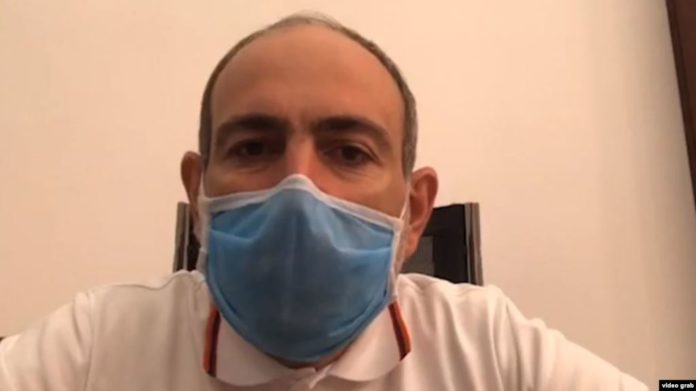YEREVAN (Combined Sources) — The Armenian and Russia militaries have communicated with each other in connection with deadly clashes that broke out on Armenia’s border with Azerbaijan on July 12, official Yerevan said on Monday, July 20.
The hostilities, which left at least 12 Azerbaijani and 4 Armenian soldiers dead, largely ground to a halt on July 16. The two conflicting sides have reported no serious ceasefire violations along the heavily fortified border since then. (See related editorial on Page 17.)
The Armenian Foreign Ministry spokeswoman, Anna Naghdalyan, said the American, French and especially Russian co-chairs of the Organization for Security and Cooperation in Europe (OSCE) Minsk Group have been “actively involved” in efforts to restore the ceasefire in Armenia’s Tavush province.
“The Armenian foreign minister [Zohrab Mnatsakanyan] has been in constant contact with his Russian counterpart,” Naghdalyan said. “There have also been contacts at the level of military officials of the two countries.”
Naghdalyan did not give details of the Russian-Armenian military contacts.
The Armenian and Azerbaijani militaries established a new direct channel of communication after Armenian Prime Minister Nikol Pashinyan and Azerbaijani President Ilham Aliyev agreed in 2018 to boost the ceasefire regime along the internationally recognized border between their countries and “the line of contact” around Karabakh. Truce violations there decreased significantly as a result.








